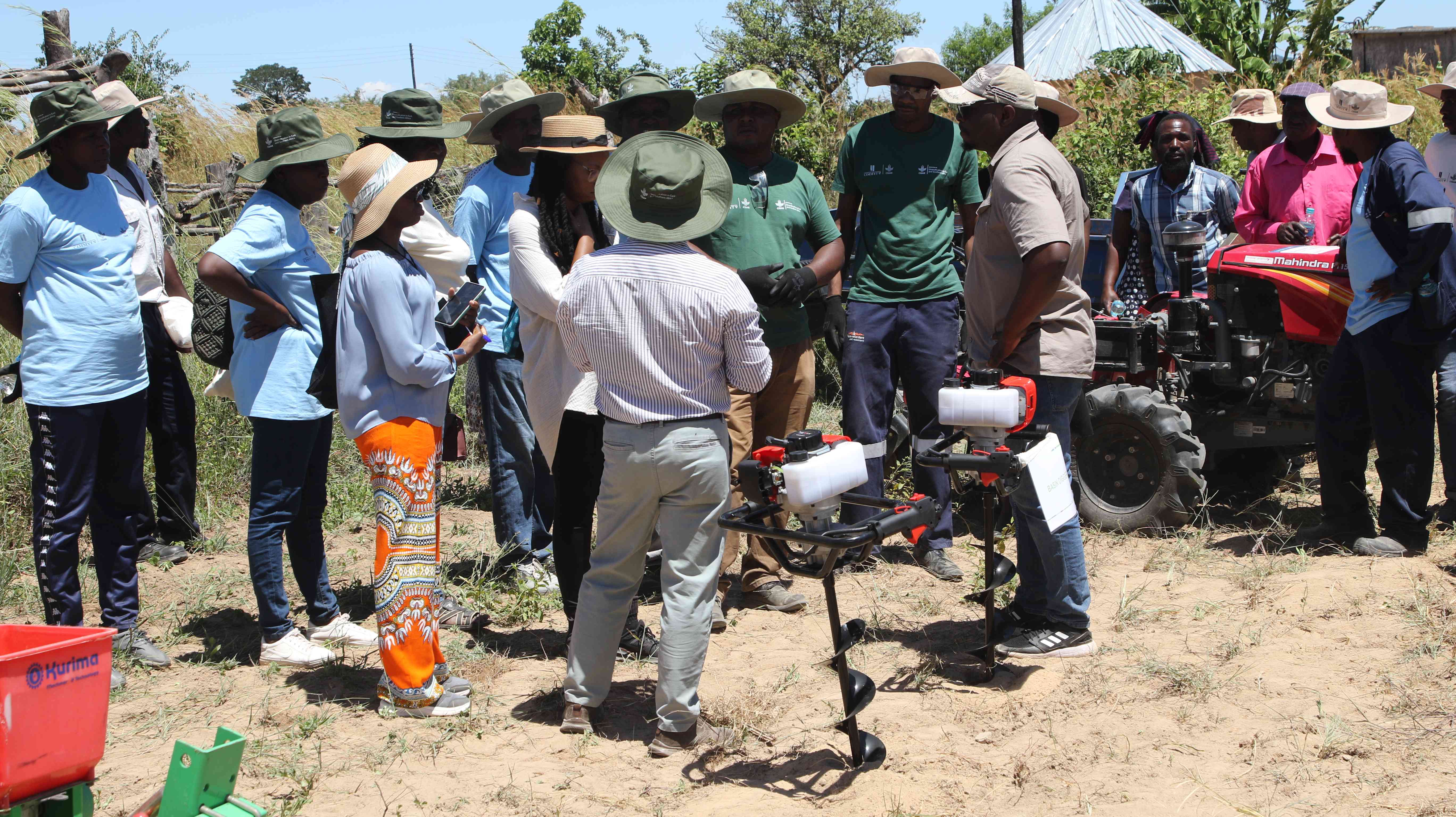
A SOLAR-POWERED irrigation scheme is proving to be a stitch in time for some Masvingo province villages in the face of the El Niño-induced drought.
Julius Siwadhi, a beneficiary from Masvingo, said he relied on traditional farming methods before he was introduced to the project.
As someone who relied on selling his harvests to the nearest Muchakata shopping centre and Masvingo town, Siwadhi said he was left hopeless when predictions of poor rains started emerging last year.
Siwadhi said he only regained hope after he was selected to participate in a green energy agricultural scheme fronted by the Initiative Lead of Diversification in East and Southern Africa, also known as Ukama Ustawi.
The programme is being implemented in Zimbabwe among another eleven countries in Eastern-Southern Africa.
The initiative has so far helped over 20 000 farmers, including Siwadhi, who received a solar-powered irrigation kit.
“This year, our harvest is low because of climate change,” Siwadhi said.
“I used to harvest two and half tonnes, but this year, I haven’t reached a quarter of that. But I would like to thank the project co-ordinators because they managed to help me during this hard time as I can now sustain my family during this dry season.
- Global demand buoys tobacco prices
- Edutainment: For Tsungie, a picture tells a story
- Edutainment: For Tsungie, a picture tells a story
- Village Rhapsody: Why project managers fail in Zimbabwe
Keep Reading
“We have adapted to climate change and we can now handle the coming climate changes as well. So there will be happiness within homes and the greenness will be restored.”
Siwadhi grows finger millet, millet, vegetables and beans on his piece of land.
“I am also into livestock farming,” he said.
Director for water, growth and inclusion at the International Water Management Institute (IWMI), Consortium of International Agricultural Research Centers and Ukama-Ustawi, Inga Jacobs-Mata, said the green energy farming project was the perfect intervention against climate change.

“We brought farmers from around five countries, which includes Zimbabwe, Zambia, Ethiopia, Malawi and Kenya together to learn and share experiences,” Jacobs-Mata said.
“They all have been experiencing drought, floods, but they all adopted climate smart agriculture innovations in different ways and this is about them sharing. We see this initiative as enabling capacity building and capacity sharing.”
Another Masvingo province beneficiary of the initiative, Florence Chimhini, said the project had helped boost food security for her family.
“I had nothing to do before the organisation visited,” Chimhini said.
“The project has lessened the burden we used to face when farming.”
IWMI gender researcher Ojong Baa Enokenwa encouraged other women to take up farming.
“We want the knowledge to be transferred and we are happy as we saw that happening, that is what Ukama-Ustawi is all about,” she said.
IWMI irrigation specialist Tinashe Dirwai said they would continue assisting farmers to adopt new farming methods to boost their food security needs.











